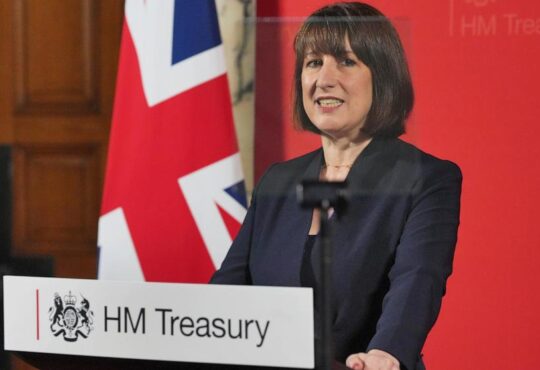The London Stock Exchange has suffered a new blow after the British microchip company Imagination Technologies snubbed the City in favour of a Wall Street IPO.
Imagination has confidentially registered to go public in New York, six years after it was taken off the London Stock Exchange and sold to a Chinese-backed fund, the Telegraph can reveal.
Preparations to go public come after the microchip giant Arm pulled off a $54bn (£43bn) float last week, after opting for New York’s Nasdaq exchange over London.
Imagination is likely to be valued well above the £550m it was bought for in 2017 and could pursue a flotation as early as this year, although 2024 is seen as more likely. It is working with banks including Barclays on the deal.
The company had been weighing up London and New York as it worked with advisers on a flotation in 2021, before a slump in technology valuations and a barren IPO market led it to suspend plans.
Its decision to revive the plans and float in New York is the latest setback for the London Stock Exchange, following Cambridge-headquartered Arm’s similar move and a string of companies ditching the UK for US listings.
Plumbing supplier Ferguson and building materials company CRH have both moved to New York, while bookmaker Flutter is preparing a secondary listing in the US. British pollster YouGov has said it would considering moving its shares to the US or adding a secondary listing.
The number of companies listed on the London Stock Exchange has fallen by 60pc since the late 1990s and daily trade on the market has also fallen sharply.
The decline has sparked alarm in Downing Street, with the Treasury seeking ways to revive activity and encourage listings. Jeremy Hunt set out measures to cut red tape when raising money on the market in his Mansion House speech earlier this year.
London has faced particular difficulty in attracting tech companies to list in recent years. These businesses are widely seen as securing better valuations with less scrutiny over governance and pay on Wall Street.






